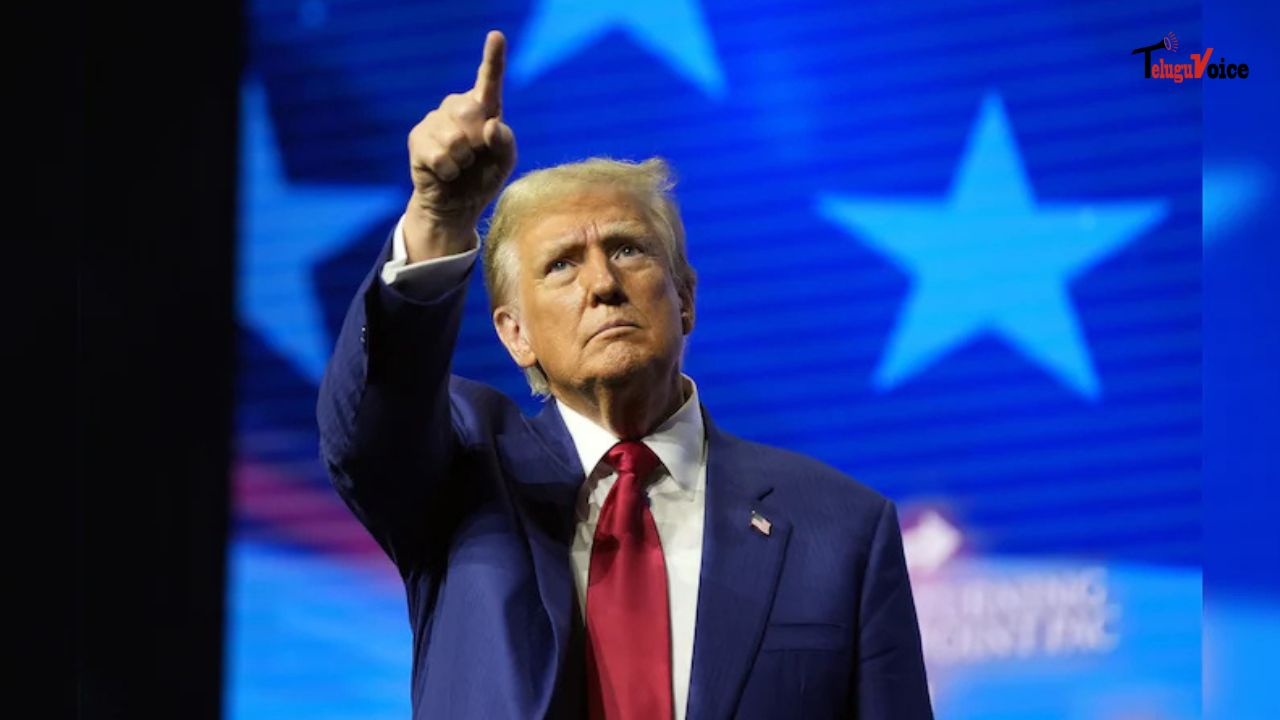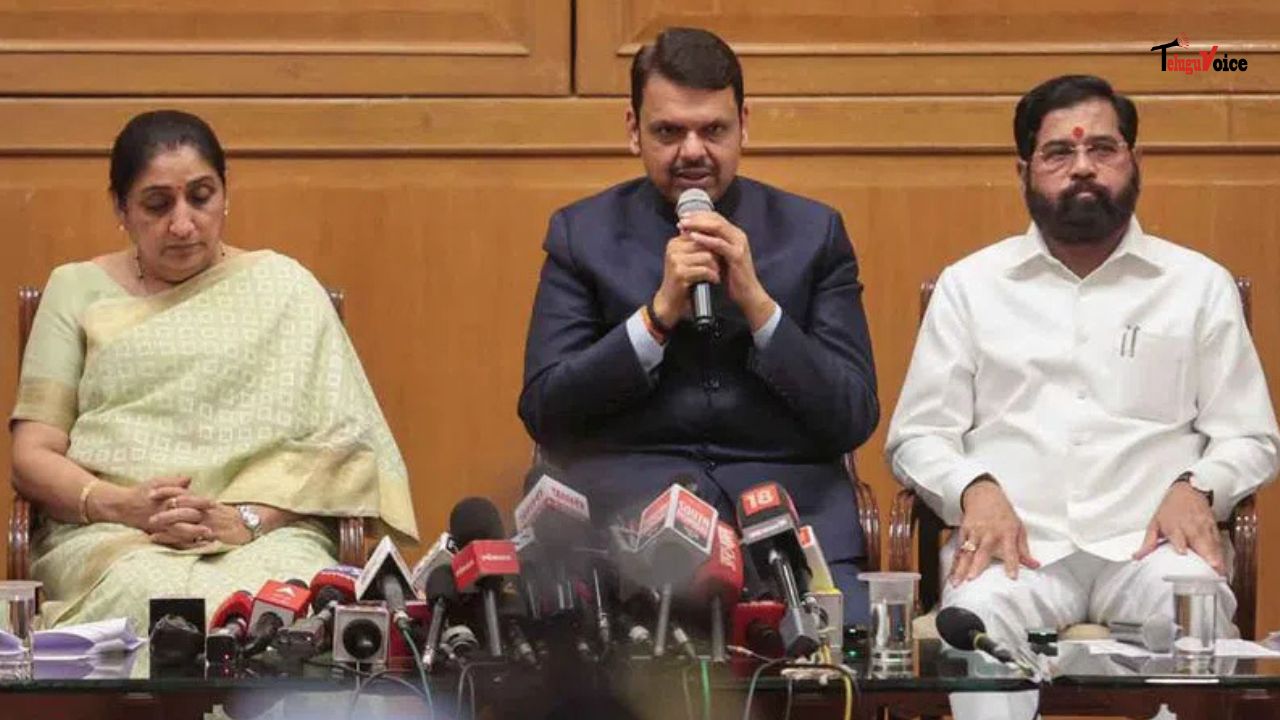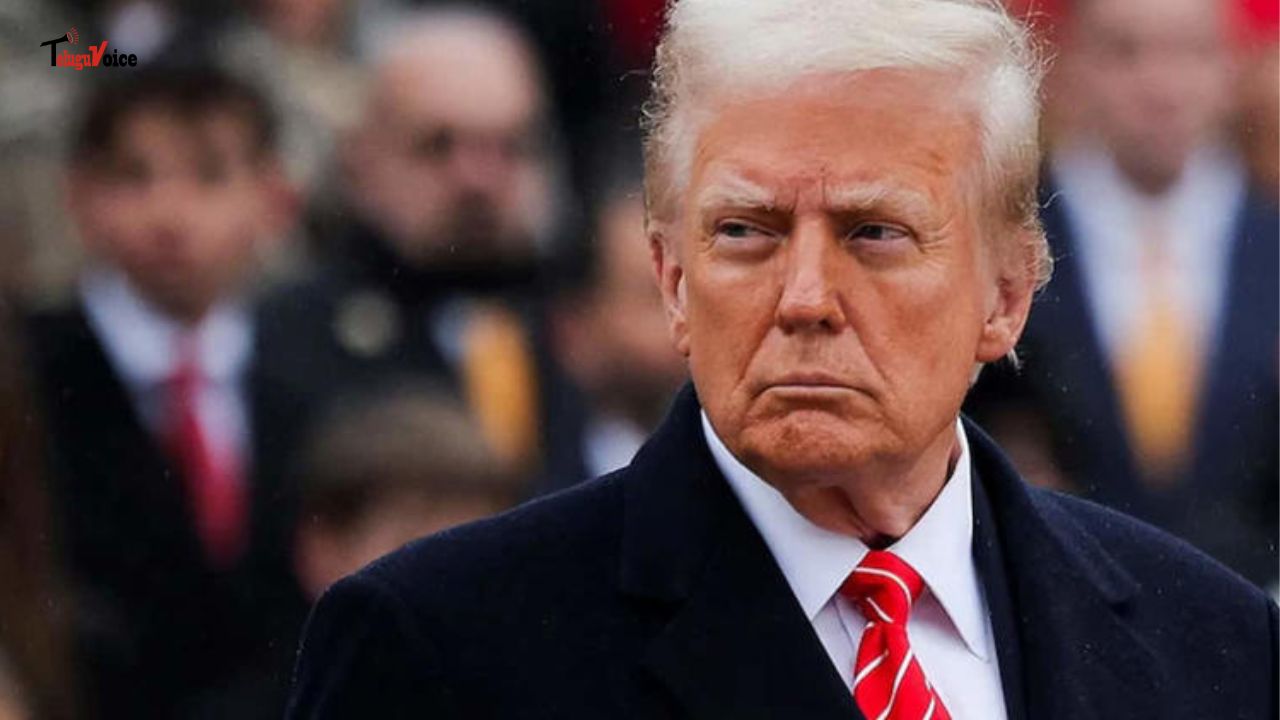Trump Imposes Travel Ban on 12 Nations, Partially Restricts 7 Others

President Donald Trump has once again tightened U.S. immigration policies by signing a controversial new bill that enforces a travel ban on nationals from 12 countries. The ban applies to Afghanistan, Burma (Myanmar), Chad, the Republic of the Congo, Equatorial Guinea, Eritrea, Haiti, Iran, Libya, Somalia, Sudan, and Yemen. Citizens from these nations are now fully restricted from entering the United States.
In addition to the full bans, the order imposes partial restrictions on seven other countries: Burundi, Cuba, Laos, Sierra Leone, Togo, Turkmenistan, and Venezuela. These partial bans may include limitations on certain types of visas or increased vetting procedures. The White House justifies the move as part of a broader effort to enhance national security and reform immigration enforcement.
Trump’s administration continues to adopt a hardline stance on immigration, frequently citing security concerns and national interest. He has made it clear that he plans to introduce additional reforms that could also affect international students and educational visas. His administration has previously been criticized for targeting specific regions, particularly Muslim-majority countries, and for implementing policies that critics argue are discriminatory.
This latest travel ban is being seen by political observers as an extension of Trump's long-standing agenda to curb immigration from countries he perceives as security threats. The international response has been mixed, with some human rights groups condemning the move, while others await more detailed clarifications on the partial bans. Legal challenges are also expected to follow, as similar executive orders in the past have been subject to judicial review.
As immigration remains a central theme of Trump's presidency, this latest policy underscores his continued commitment to restrictive border control measures and tighter scrutiny of foreigners entering the United States.

 South Africa tour of India 2019
South Africa tour of India 2019










Comments